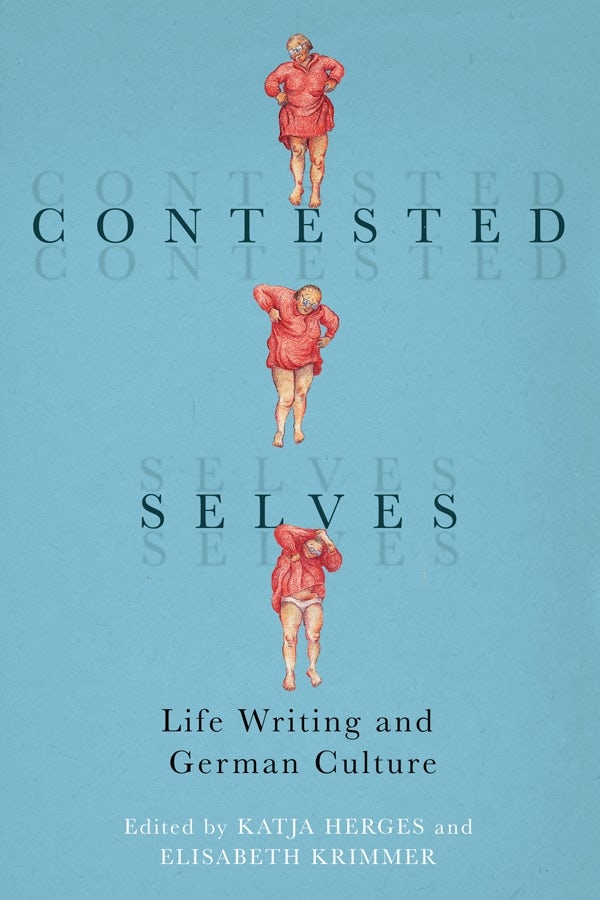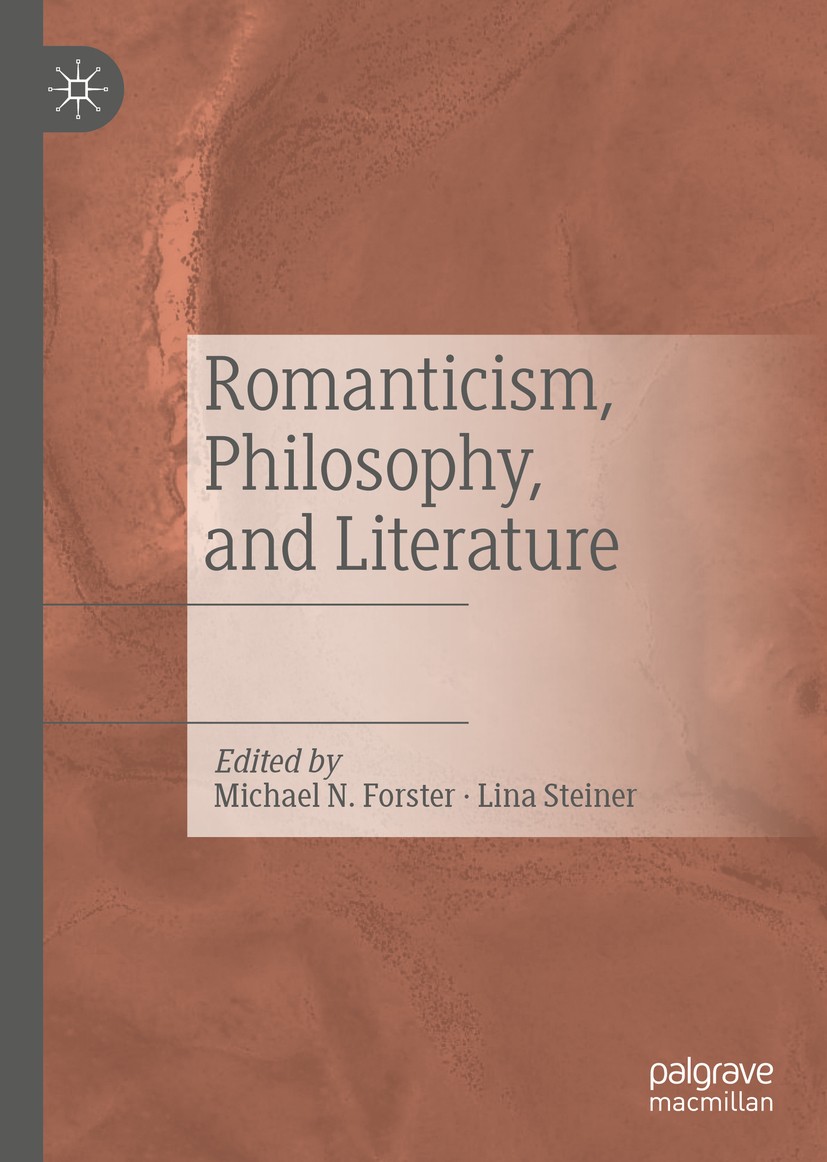Contested selves: life writing and German culture
 Investigates the field of German life writing, from Rahel Levin Varnhagen around 1800 to Carmen Sylva a century later, from Döblin, Becher, women’s WWII diaries, German-Jewish memoirs, and East German women’s interview literature to the autofiction of Lena Gorelik.
Investigates the field of German life writing, from Rahel Levin Varnhagen around 1800 to Carmen Sylva a century later, from Döblin, Becher, women’s WWII diaries, German-Jewish memoirs, and East German women’s interview literature to the autofiction of Lena Gorelik.
In recent decades, life writing has exploded in popularity: memoirs that focus on traumatic experiences now constitute the largest growth sector in book publishing worldwide. But life writing is not only highly marketable; it also does important emotional, cultural, and political work. It is more available to amateurs and those without the cultural capital or the self-confidence to embrace more traditional literary forms, and thus gives voice to marginalized populations. Contested Selves investigates various forms of German-language life writing, including memoirs, interviews, letters, diaries, and graphic novels, shedding light on its democratic potential, on its ability to personalize history and historicize the personal. The contributors ask how the various authors construct and negotiate notions of the self relative to sociopolitical contexts, cultural traditions, genre expectations, and narrative norms. They also investigate the nexus of writing, memory, and experience, including the genre’s truth claims vis-à-vis the pliability and unreliability of human memories. Finally, they explore ethical questions that arise from intimate life writing and from the representation of „vulnerable subjects“ as well as from the interrelation of material body, embodied self, and narrative. All forms of life writing discussed in this volume are invested in a process of making meaning and in an exchange of experience that allows us to relate our lives to the lives of others.
zum Buch im ULB-KatalogPlus
zum Buch auf der Verlags-Website
Romanticism, philosophy, and literature

zum Buch im ULB-KatalogPlus
zum Buch auf der Verlags-Website
Weitere Titel können Sie in unseren Neuerwerbungslisten für die Germanistik entdecken!
